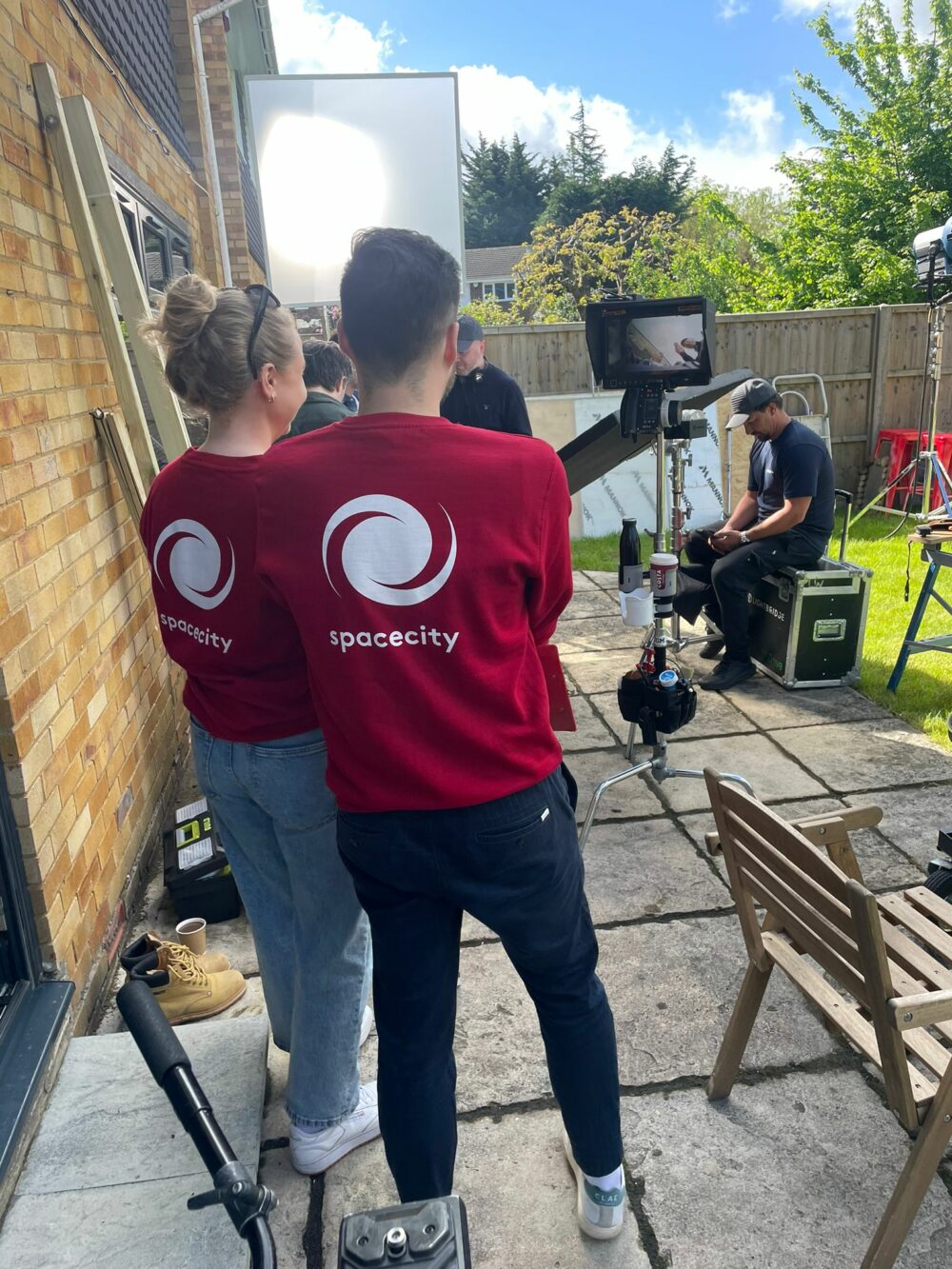A SURGE Of investment has been plied into the digital advertising industry in recent months, but is that justified through actual market trends?
It seems many within the industry have found their belief system into what consumer media consumption actually correlates to is some what skewed- in fact remarkably so.
According to recent figures published by the IPSOS Connect, actual consumer behaviour against perceived consumer behaviour from marketeers is wildly juxtaposed.
It simply was not a case of underestimating the impact of certain platforms, but the order in which these platforms actual enchants the public.
For instance, marketeers on average utilise LinkedIn, Youtube and Facebook in 93%, 92% and 90% of cases respectively, while the general public by contrast only use the same means of interaction in just 14%, 60% and 62% of cases.

This self imposed idiosyncratic mindset from those producing such consumer viewpoints, has distorted the actual state of affairs and wasted time, money and resources which could be applied into such platforms which could be manipulated on their target markets more effectively.
The research and planning director at Thinkbox, Matt Hill, has declared a damning indictment of the state of auditing of consumer behaviour, he said: “You can’t plan off the back of your own behaviour, it has to be off the back of audiences.
“It’s about using gut instinct and rigorous data sources.”
In addition the expert stressed the importance of not undermining TV and in particular the trust it holds when it comes to the commercials that emit from it, he continued: “It is still the best way of talking to many people, quickly. Whether it’s a 30- or 60-second advert you can still tell a rich and engaging story about your brand.
“TV is the best mass media way to reach people quickly in terms of driving brand health, maintaining awareness and driving consideration.
TV does a good job of delivering against both a brand and sales objectives.”
Particularly pertinent to companies seeking to instil a long term brand loyalty from consumers, the study found that 54% surveyed on Ad Nation believed that they would find commercials or ads that were more relevant to them as individuals, when compared to just 13% on social media.
Therefore not only direct response commercials, but brand response mechanisms are most effective when utilised via TV.

A shattering 66 per cent of those surveyed felt that TV advertising make a brand more famous, thus entering the word of mouth and developing a brand and product.
Contemporarily the volatility of the stock markets, currency and consumer confidence means that any flickers of economic hope or improvement need to be seized upon and exploited.
The pound has began recovery against the Euro and with many companies debating whether to take their marketing campaigns overseas to induce daily deals, direct response and call to action, the forecasts by BNP Paribas and ANZ of a continuation of the pounds recovery should be maximised amidst great uncertainty.
Having delivered successful commercials all over the world and dealing with all logistical matters as a point of the greatest urgency, Space City Productions continue to be well equipped, experienced and successful in delivering these ads at a cost effective rate.
It is imperative that you as companies continue to remain objective in your market thinking; to move forward, not stagnate or become marginalised in such a transient culture of stability.


